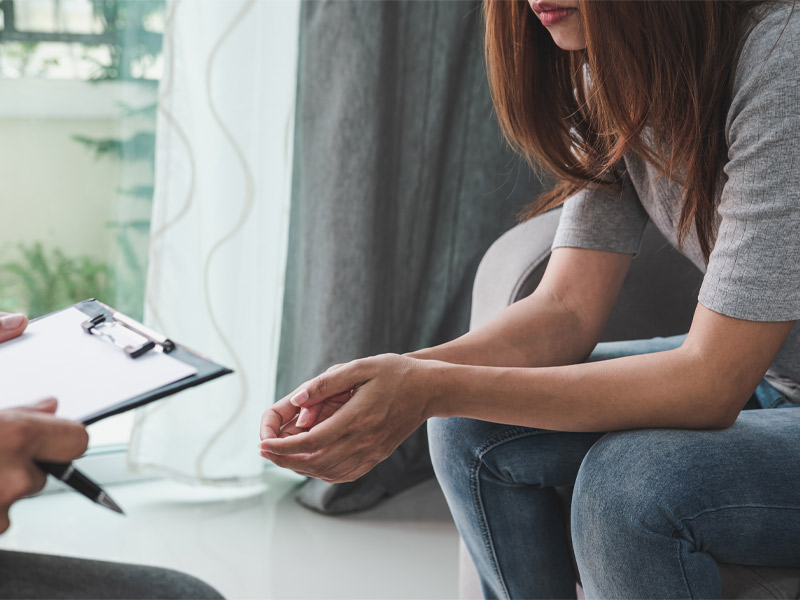
Loneliness is the leprosy of modern society.
– Mother Theresa
I have noticed a significant rise in a general sense of detachment from society as an underlying cause of depression for many of the people I work with. While this trend seems to be consistent across gender and cultural lines, I would say that one age range is most at risk. Those currently in their late teens to early thirties are most likely to identify with these symptoms. One factor they share without fail is a glaring disparity between online communication and face to face communication with family, friends, or even coworkers. Often times when the hours spent per week are calculated the difference will be 9:1 or more in favor of remote relationships. Is it any wonder that we feel disconnected when we don’t actually connect with others?
A great deal of research has been done on physical touch and its effects on emotional health. Neurotransmitters like oxytocin and glucocorticoids are released when people share a physical connection. Shaking hands and hugging hello/goodbye, a platonic kiss between friends or a more passionate kiss between partners, even a literal pat on the back between coworkers for a job well done can bring on these chemicals that help us to feel a sense of wellbeing and connection. We first experience this as infants when we are held and comforted by our parents. While infants tend to need much more physical contact than adults, the need is present in all people throughout the lifespan. You can certainly maintain friendships, share thoughts and ideas, and generally keep in touch with others online, but you cannot simulate the positive effect of touch.
One man identified this issue and decided to reach out to others in his community by hugging complete strangers. While this may sound a bit odd the overwhelming positive response to his idea would seem to confirm that our need to feel connected to others can override the social pressure to keep to ourselves. For more information on one man’s work to cure loneliness please visit the link below.
While I don’t think the majority of people (myself included) want their physical touch needs met by strangers on the sidewalk, we can’t deny the positive effects of close IRL relationships. We also can’t deny the correlation between the lack of in person connection to loneliness, and ultimately depression.
The most common reasons given by young adults for avoiding personal relationship building are (a) anxiety over initiating the process of establishing personal relationships, and (b) not knowing the “how to” of getting the process started. This is where conversational counseling can help. Rather than clinical therapy with a full blown anxiety diagnosis, I recommend counseling with an informal style to discuss concerns, address common issues, and learn approaches to relationship building that will encourage confidence. If you, or someone you care for, is struggling in this area you may want to consider a bit of counseling to help make the move towards building personal relationships, and improving overall mental health.

